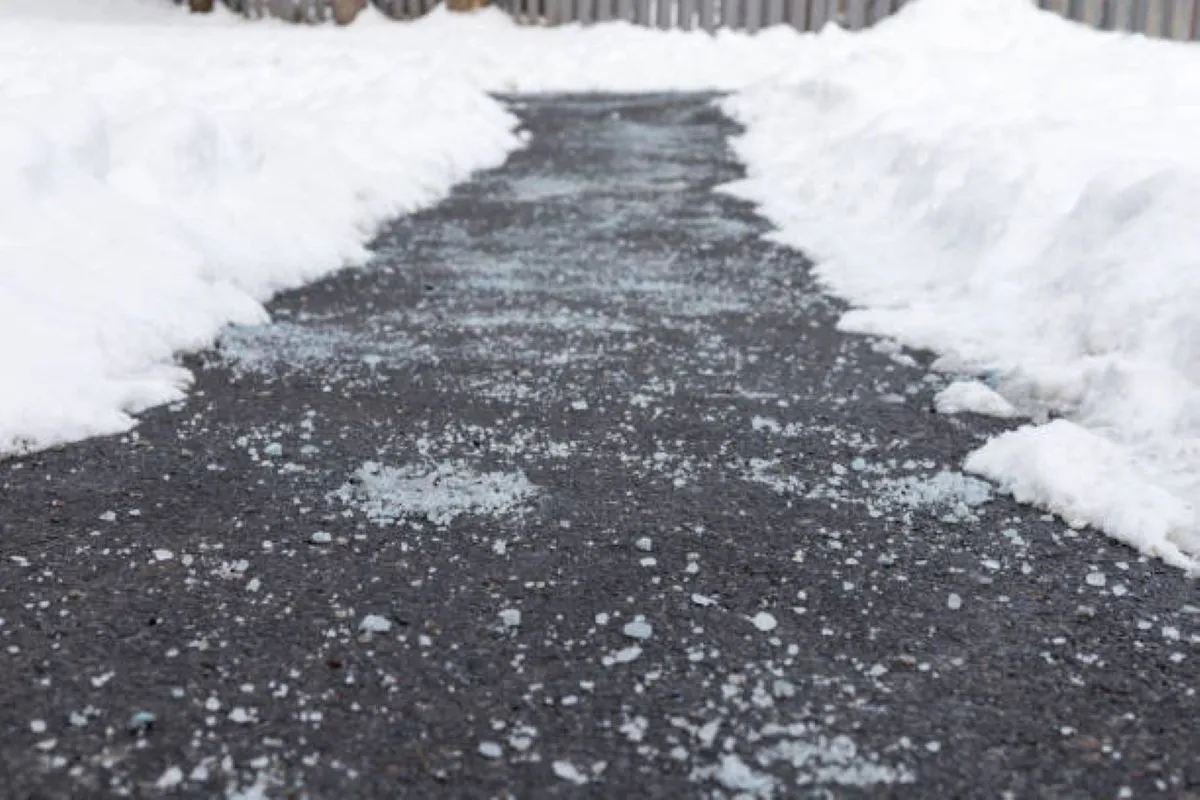
This province braces for disruptive snow and icy road conditions
Parts of the Eastern Cape are expected to face disruptive snowfall and icy roads on Thursday, as a cold front brings freezing temperatures to the region.

The South African Weather Service (SAWS) has issued a yellow level 1 warning for disruptive snow in the Eastern Cape on Thursday, 31 July, as a cold front moves in, bringing icy conditions and freezing nighttime temperatures to high-lying areas.
Light Snow, Heavy Impact
Although only light snowfall is expected, SAWS warned that surface temperatures will drop below freezing, particularly in elevated areas. These sub-zero conditions could cause ice to form on roads overnight.
“Icy roads and light snow are expected to cause traffic disruptions at night,” SAWS stated in its alert.
The weather service noted that while snow accumulation will remain minimal, the risk of slippery roads could make travel hazardous in affected areas.
Cold, Wet, and Windy Conditions Widespread
The cold front is expected to affect more than just the Eastern Cape, with the Western Cape and Northern Cape preparing for a significant drop in temperature, strong winds, and rainy conditions. Areas such as the Cape Winelands, Central Karoo, Little Karoo, and the Namakwa District will be hardest hit.
Authorities are urging residents in rural areas, especially farmers, to take steps to protect their livestock and pets.
The weather service advised, “Ensure animals are sheltered and adequately cared for, as freezing temperatures are expected. “
Weather System Affects Multiple Provinces
The impact of the weather system is far-reaching, with KwaZulu-Natal also included in the regions expected to be affected by damaging winds. SAWS has urged residents in all affected areas to prepare for potentially dangerous weather, especially in high-altitude regions where freezing temperatures and snowfall are more likely to cause disruptions.
